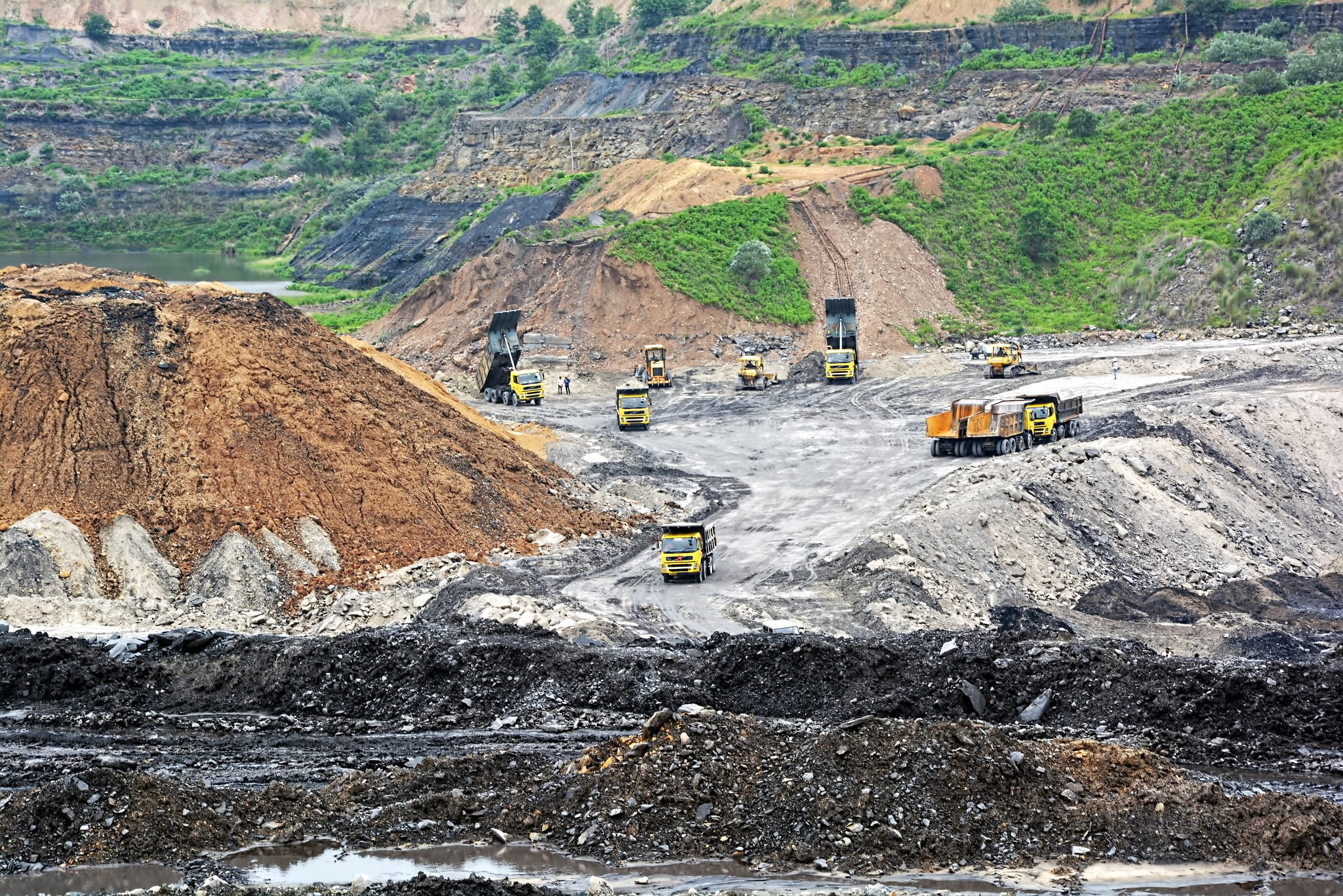
Suravee Nayak
Suravee Nayak was an Associate Fellow in the Energy Transitions vertical at the Sustainable Futures Collaborative (SFC). Suravee’s research interests are the political economy of coal, energy and labour, extractive industries, critical agrarian studies and nature-society relations. At SFC, her research engaged with various aspects of just transition in India, in particular, coal dependencies, labour and gender transformative approaches, state capacity, and governance framework. Prior to joining SFC, she was an Associate Fellow with the Initiative on Climate, Energy and Environment (ICEE) at the Centre for Policy Research (CPR), New Delhi. Suravee holds an MPhil in Applied Economics from Jawaharlal Nehru University and she is currently completing her PhD with Jawaharlal Nehru University through the Centre for Development Studies-CDS Thiruvananthapuram, India. During her MPhil and PhD, Suravee researched the political economy of coal mining in India, particularly understanding various socio-economic-ecological transitions in coal dependent economies. Her PhD thesis specifically explores the labour process and labour regimes in the coal mines of Eastern India based on 18 months of ethnographic research. While pursuing her PhD, she was also a Visiting Doctoral Researcher at the School of Global Studies, University of Sussex, UK, in 2019. Suravee is a recipient of European Association for South Asian Studies (EASAS) Research Student Award for the year 2021. Her research has appeared in peer-reviewed journals including with The Journal of Peasant Studies (JPS), Social Change, Economic & Political Weekly (EPW), book chapters with Routledge and De Gruyter, and on digital media.
Publications


SFC Perspectives
Adaptation and Resilience
Climate Policy
Energy Transitions
Environmental Governance and Policy
SFC Perspectives on Adaptation and Resilience, Climate Policy, Energy Transitions, and Environmental Governance and Policy
SFC
SFC | 19 March 2024
SFC Perspectives are intended to stimulate discussion by providing an overview of key issues and avenues for action to inform India's sustainable development trajectory.


SFC Perspectives
Energy Transitions
Enabling the Energy Transition: Technology, politics & institutions in India’s energy system
Ashwini K Swain, Sarada Prasanna Das, Suravee Nayak, Catherine Ayallore and Navroz K Dubash
SFC | 18 March 2024
Our research and engagements at SFC focus on rethinking the configuration of technology, politics and institutions in Indian energy as a necessary complement to techno-economic solutions for enabling the transition.


Books and book chapters
Energy Transitions
Uneven and Combined Development and the Politics of Labour in an Eastern Indian Coalfield: Shifts and Changes from Late Colonialism to Neoliberalism
Suravee Nayak
De Gruyter Oldenbourg | 4 October 2023
Taking as an example the Talcher coalfields in the eastern Indian state of Odisha, the chapter shows how uneven and combined development has led to the fragmentation of the local labour forces along the way.


Journal articles
Energy Transitions
Intergenerational Labour and Just Transition in Coalfields
Suravee Nayak
The India Forum | 1 June 2023
In coal mining districts, the nature of labour dependence on working coal may change over time, but generations will continue to rely on the industry for their livelihoods. This leaves coal communities extremely vulnerable to an energy transition.


Journal articles
Energy Transitions
Coal extraction, dispossession and the ‘classes of labour’ in coalfields of eastern India
Suravee Nayak
The Journal of Peasant studies | 8 December 2022
This paper delves into the coalfields of eastern India, highlighting the emergence of multiple, fragmented and hierarchical ‘classes of labour’ in the ‘new public sector’ coal mines of India.


Journal articles
Energy Transitions
Migrant Workers in the Coal Mines of India: Precarity, Resilience and the Pandemic
Suravee Nayak
SageJournals | 3 June 2022
Drawing from ethnographic fieldwork undertaken in the Talcher coalfields of Odisha, the article argues that the labouring lives of migrant workers from marginalised communities have been invisiblised in a ‘shadow economy’ of coal extraction through subcontracting and labour recruitment by local contractors working with state-owned coal companies.






 CV
CV